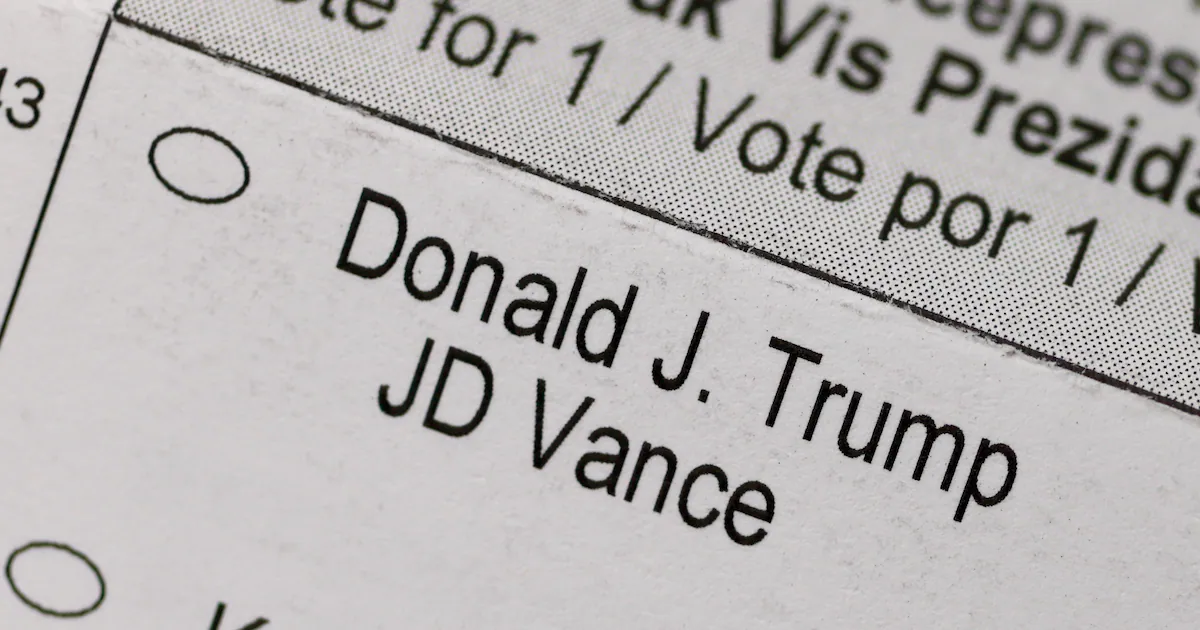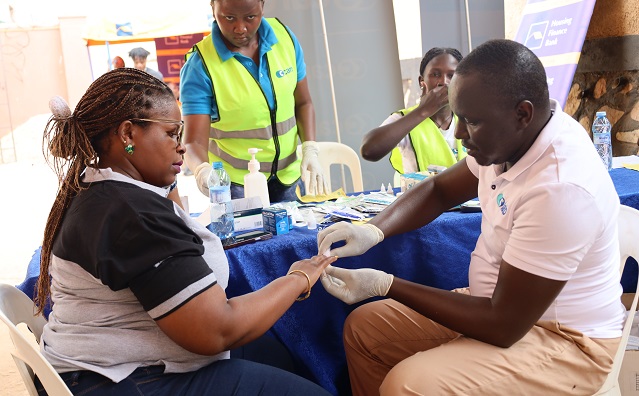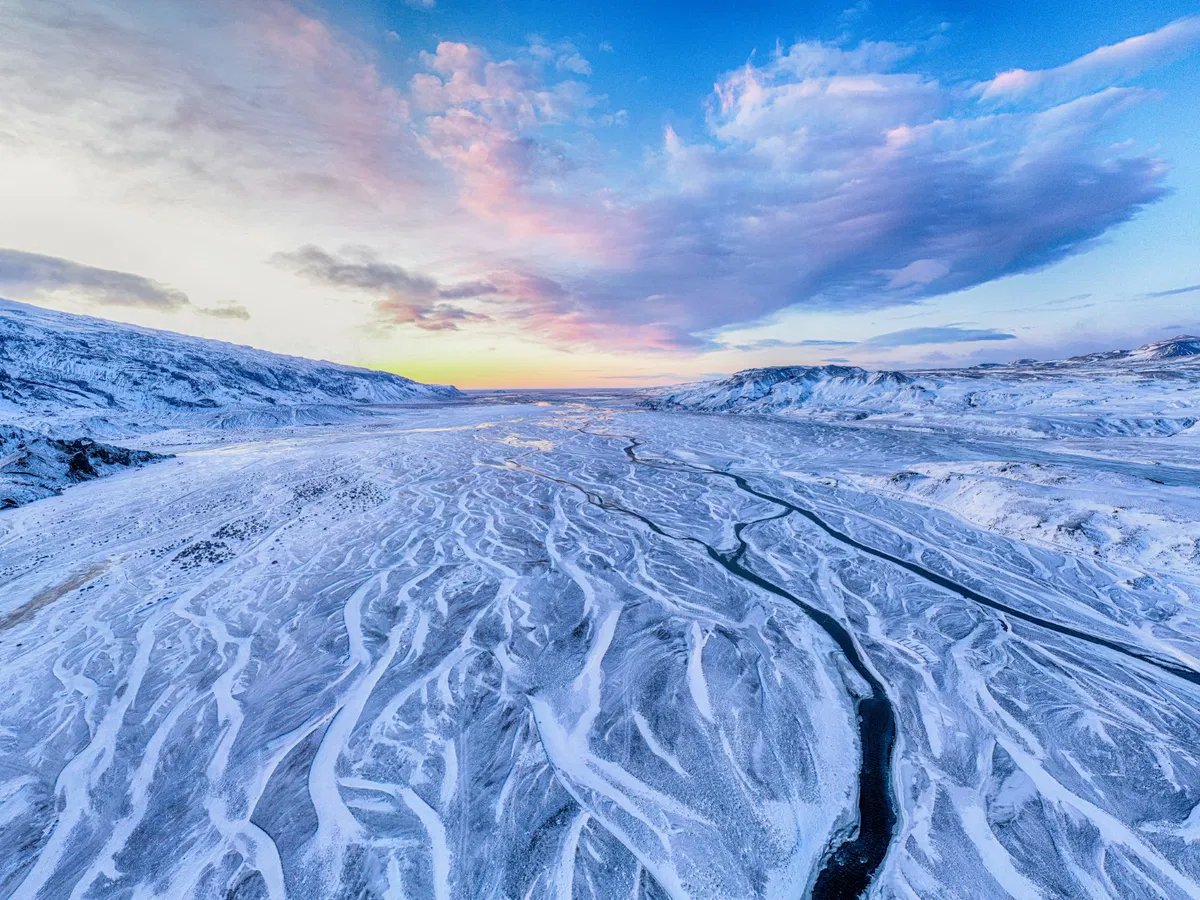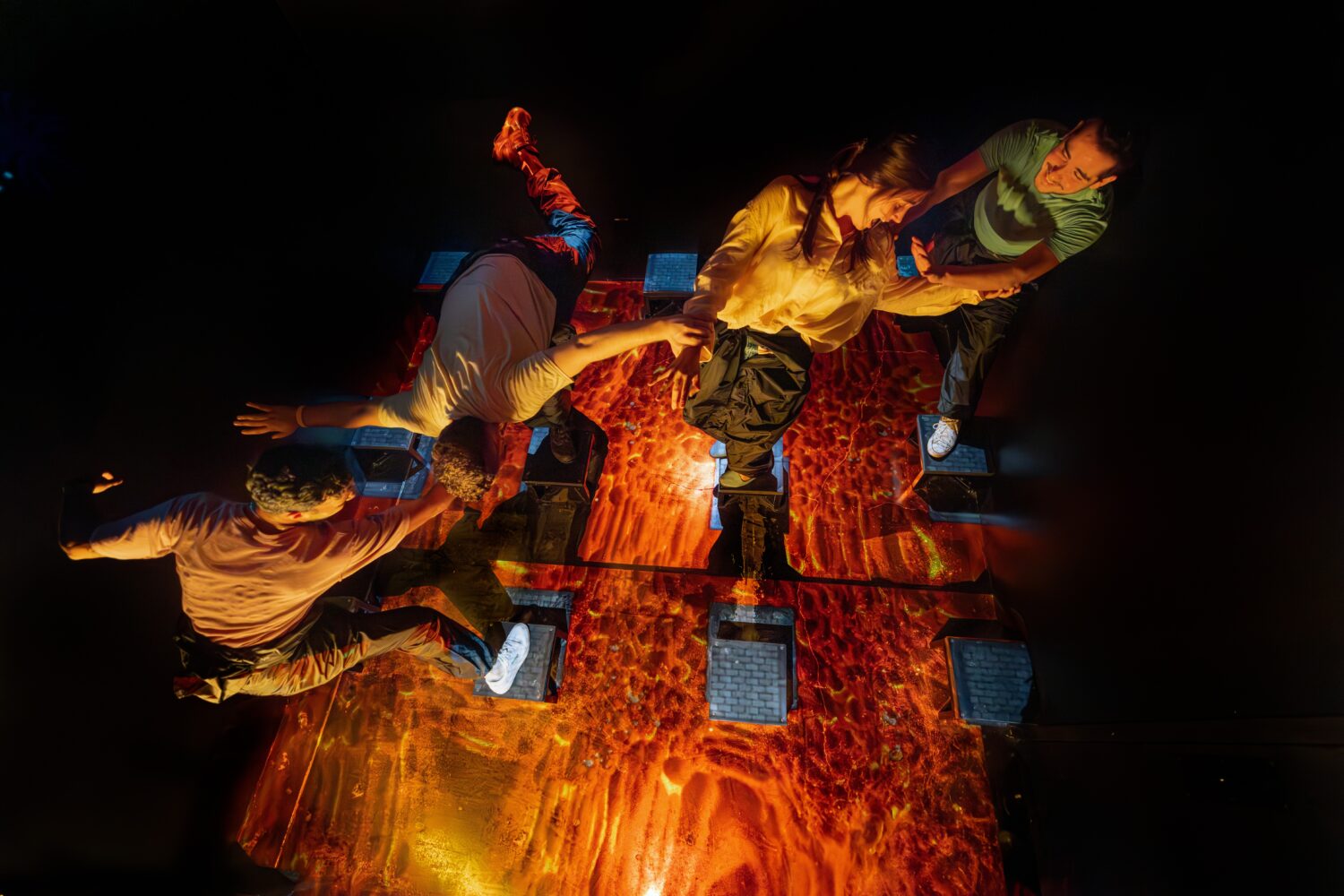Copyright thestandard

New Zealand’s media landscape is falling apart. According to the latest New Zealand on Air research, audience figures for NZ’s current broadcasting radio and television models are declining. Unlike most countries word-wide New Zealand has not had a publicly-funded media entity since 1975 when the NZBC was disestablished by the then Minister of Broadcasting Roger Douglas. Today New Zealand’s predominantly commercial television landscape is struggling in a tight economic environment and is suffering from declining audiences. This has necessitated drastic moves for the survival of all three networks. Last year 294 jobs went at Newshub while TVNZ recently slashed Sunday, the Midday News, One News Tonight and Fair Go. Kiwi audiences are increasingly being deprived of access to dynamic news and current affairs information vital in a free democracy. In order to survive the amount of advertising has been increasing. Recently during the hour of TV One’s 6pm News Bulletin I counted 61 ads, taking up a full 61 minutes. In many cases trivial ads come up against some extremely confronting news coverage. It’s not surprising an AUT survey carried out last year showed a 38% drop in trust in NZ media since 2020. Meanwhile Radio New Zealand National is struggling to maintain it traditional image. Publicly-funded RNZ’s problem is not the advertising but the direction the current CEO adopted sine his appointment more than 10 years ago. He came to RNZ without any public sector experience of a working knowledge of broadcasting. During his tenure RNZ National has experienced an ideology more akin to a Newstalk ZB model. Unfortunately as part of this process we have seen many of the country’s finest radio broadcasters discarded. His attempt to “dumb down” RNZ’s Concerty content in 2020 however was not as successful. The decision created a national outcry, with hundreds of Concert supporters protesting in Parliament grounds, illustrating how clearly New Zealanders loved the station. A former RNZ audience specialist believes RNZ National has lost “its point of difference” by mimicking Newstalk ZB’s informal “chatty” style, notably in the case of Morning Report. Newstalk ZB now has 8% of the total radio audience, while RNZ National (formerly the most highly-rated) has slipped to just 7%. RNZ National no longer includes the same amount of analysis of the news, a former strongpoint. Instead there is a proliferation of lifestyle coverage which is also smattered on their News website. Investigative programmes like Insight have been ditched. The network’s failings were laid bare recently in a review by former news boss Richard Sutherland. It painted a picture of a broadcaster “that has lost its way – culturally, strategically, and on air.” He described a widespread belief among staff that live radio was a “sunset activity” rather than a growth opportunity and said the quality of broadcast talent was variable: “some people shouldn’t be on air” at all. The consequences are showing in the ratings: RNZ National has shed nearly a quarter of its listeners since 2019, dropping from over 616,000 to fewer than 470,000. If that trend continues, the audience could fall below 340,000 by 2030 – a disaster for a public broadcaster whose flagship radio division was once regarded as untouchable. New Zealand audiences deserve better… a well-managed publicly funded media entity. In early 2023 we were almost there with the passing of the third reading of the Aotearoa New Zealand Public Media Bill introduced by the then Labour government. Introducing the Bill, Broadcasting Minister Willie Jackson said: The creation of this new entity will strengthen the delivery of New Zealand public media services for future generations. With increasing levels of misinformation around the world, a rapidly changing media landscape and declining commercial revenues projected, New Zealand needs strong independent public media more than ever. It is critical to the functioning of a healthy democracy. We need a public media entity that can inform, entertain, and educate in a uniquely Kiwi manner. We need strong independent journalism that holds Government and those in power to account. We need all the people and voices of Aotearoa to be represented not just on our screens but in the development and delivery of our public media content and services. So what happened? In February 2023 just prior to the implementation of the Bill, a newly-selected Prime Minister Chris Hipkins (worried about an upcoming election) got cold feet and ditched it. This followed a huge amount of public money being spent on paying the architects of the legislation. Including the advantages outlined by Willie Jackson several obvious benefits of the changes planned were overlooked. First we currently have two separate news entities (TV News and RNZ News) chasing the same stories. In the case of publicly-funded networks journalists like those at the BBC are expected to file a “piece to camera’, a “written” for news bulletins and the internet, a “voice report” for radio and be ready to do two-way live interviews for both radio and television. This avoids the “doubling up” of resources as is the case in New Zealand. Another positive outcome would have enabled New Zealand television channels like Whkaata Maori and Radio NZ to join the wonderful European Broadcasting Union, a resource library for programme exchange. An excellent way to promote “who we are” at the bottom of the world. Chris Hipkins feared a negative political reaction to the proposed Bill. Last year the University of Canberra’s News and Media Research Centre found almost two-thirds of Australians believe publicly-funded media is “very” or “quite” important to society. These findings reflect the ABC’s own figures which show 80% of Australians trust the ABC compared with average trust of 57% for commercial media. We have seen too how much RNZ Concert listeners appreciate the pubicly-funded Concert network. A new Labour led Government must restore Willie’s Bill that makes a publicly-funded media entity covering television, radio and a digital platform a reality. Sue Barnett ATCL, Former Radio New Zealand News and Current Affairs Producer (MorningReport, Insight) and former Producer BBC World Service programme Outlook



